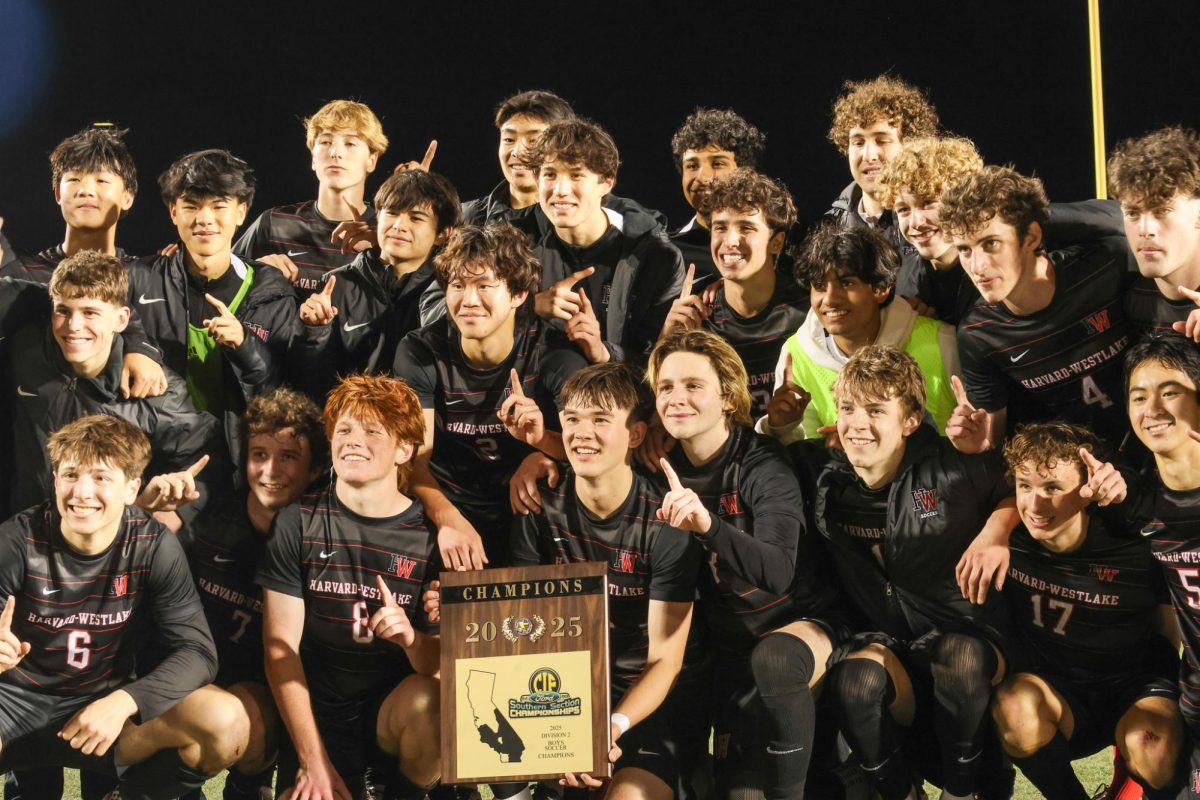The administration and Prefect Council jointly decided to end the commencement tradition of male seniors wearing black robes and female seniors wearing white robes in order to create a more inclusive community. They hope that this change will prevent the confinement of individuals to specific genders and break the separation between boys and girls at graduation.
Lise Eliot, an Associate Professor of Neuroscience at Rosalind Franklin University of Medicine and Science, proposed the change to Head of School Jeanne Huybrechts at last year’s coeducation workshop. According to Huybrechts, Eliot called out the behavior of people who generally stereotype girls and boys in the subtle and not so subtle ways. She gave an example of schools that require boys and girls to wear different colored robes at commencement as a way of gender stereotyping.
Huybrechts said she privately questioned this Harvard-Westlake tradition every year, but after hearing Eliot speak, she finally broached the subject with Interim Head of Upper School Liz Resnick.
In years prior, some students felt uncomfortable wearing the gender specific robe they were assigned. These students handled the situation by instead wearing the robe designated for the gender with which they identify.
“I don’t think its fair to put the onus on the student especially if they are too uncomfortable to discuss it with the administration,” Head Prefect Cate Wolfen ’17 said. “It is our responsibility to have a general principle of inclusion.”
Prefect Council supported the change and as of press time were set to facilitate a discussion among the senior class at class meeting on Tuesday.
“It just seems really backwards that in this area, where it is not necessary at all, we are enforcing such a gender division, especially for people who may not feel comfortable associating with one group specifically or another, “ Wolfen said.
Following the discussion in the senior class meeting, the prefects plan to synthesize the grade’s proposals and send out a survey for students in order to receive feedback on what they want to wear at graduation.
“It is definitely a small thing that we can do to make everyone feel more included,” Wolfen said. “Changing tradition is always hard the first year, but I think that after our year this will just be the new normal. So even if it means making a small sacrifice, you have to look at it as us having the power to make students in the future more comfortable.”






























